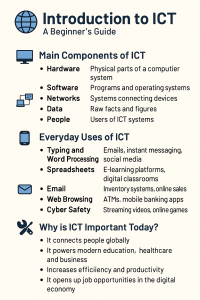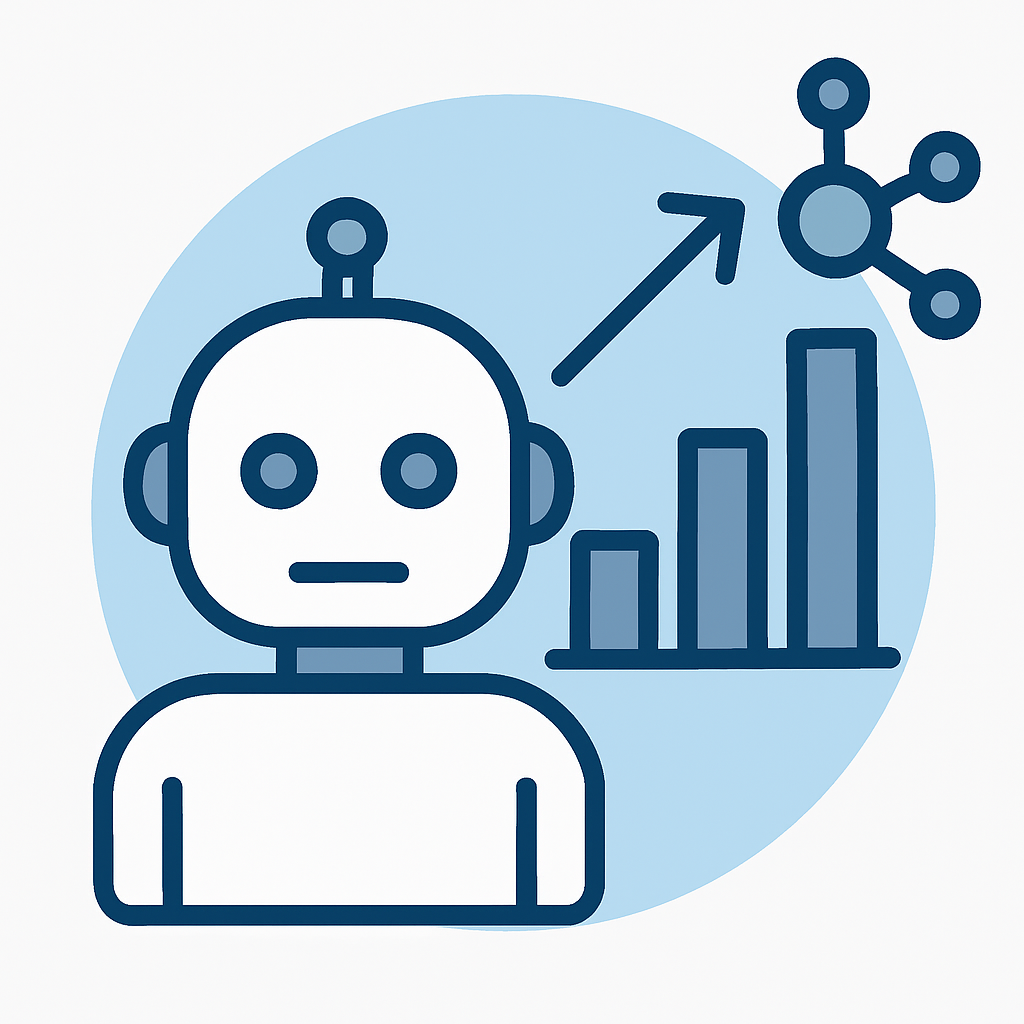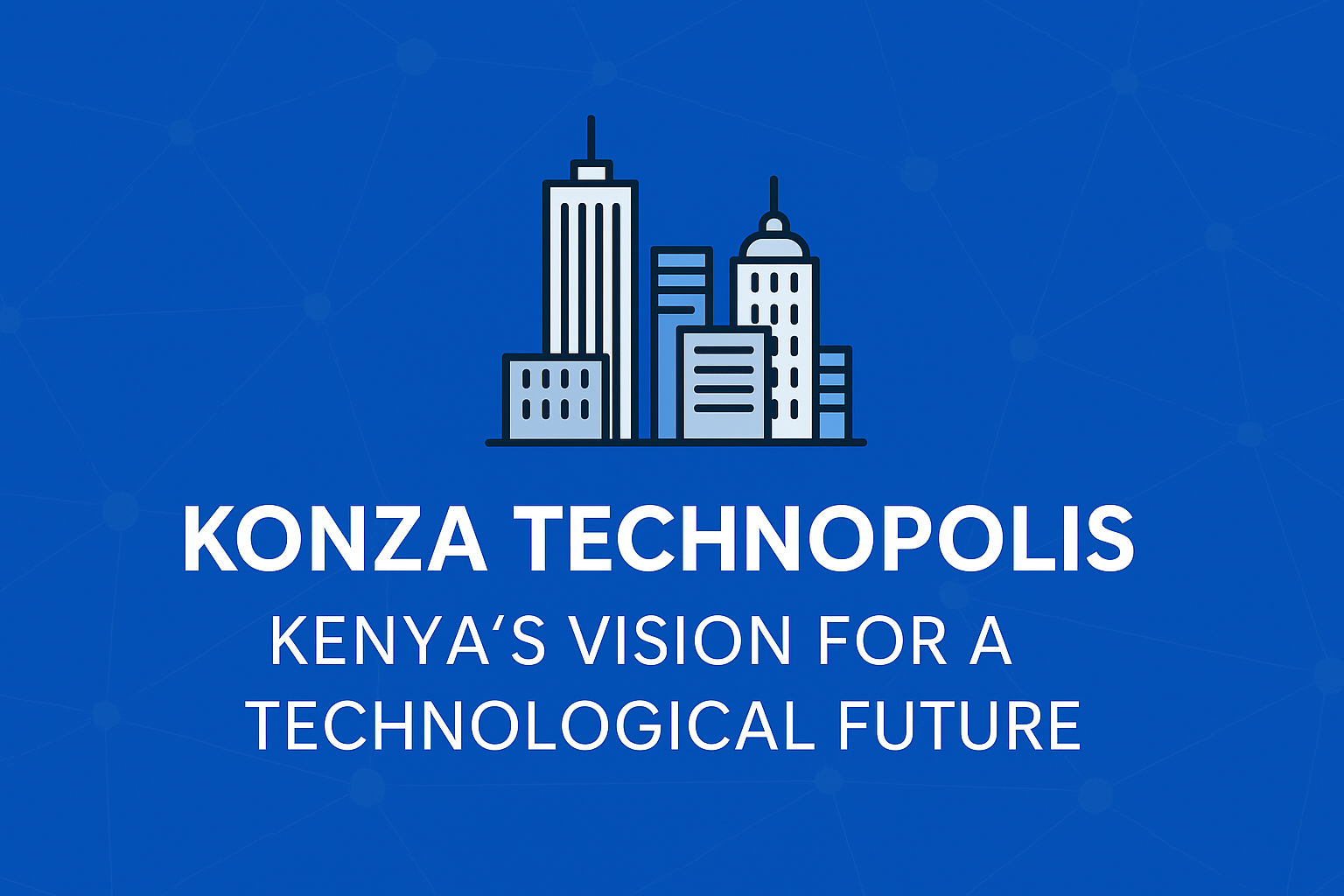Introduction to ICT: A Beginner’s Guide
What is ICT?
ICT, or Information and Communication Technology, is a broad term that encompasses all tools, systems, and technologies used to facilitate communication and manage information. It is an integral part of modern life, influencing how individuals, businesses, and governments interact, operate, and make decisions. ICT includes both physical hardware and digital software that work together to collect, process, store, and share information.
This field covers a wide range of technologies such as telecommunications, which includes phones and mobile networks; broadcast media like television and radio; and audio-visual systems used for processing and transmitting sound and video. It also includes intelligent building systems that use automation to control lighting, security, and climate, as well as tools for managing networked systems, enabling remote monitoring and control of devices and infrastructure.
In practical terms, ICT powers the infrastructure behind services we use daily, such as the internet, mobile apps, emails, video conferencing, and cloud computing. It plays a crucial role in education, healthcare, finance, and virtually every sector. As the world becomes more digitally connected, understanding ICT and its components is essential for participating effectively in the global information society.
Main Components of ICT
1. Hardware
- Physical devices like computers, smartphones, tablets, printers, and networking equipment.
- Examples: CPU, monitor, keyboard, router.
2. Software
- Programs and operating systems that tell hardware what to do.
- Examples: Microsoft Office, Windows, browsers, apps.
3. Networks
- Systems that connect devices to share resources and communicate.
- Examples: LAN (Local Area Network), Wi-Fi, the Internet.
4. Data
- Raw facts and figures processed by computers to produce useful information.
- Examples: Spreadsheets, text files, databases.
5. People
- Users who interact with ICT systems (e.g., students, employees, IT professionals).
Everyday Uses of ICT
- Communication: Email, WhatsApp, Zoom, social media.
- Education: E-learning platforms, digital libraries, virtual classrooms.
- Business: Inventory systems, online marketing, video conferencing.
- Banking: ATM machines, mobile banking apps.
- Entertainment: Streaming videos, online games, digital TV.
Basic ICT Skills Everyone Should Know
- Typing and Word Processing: Using MS Word or Google Docs to create documents.
- Using Spreadsheets: Entering and analyzing data in Excel or Google Sheets.
- Email Communication: Creating an email, sending attachments, managing inbox.
- Web Browsing: Searching for information using browsers like Chrome or Firefox.
- Cyber Safety: Understanding passwords, avoiding phishing, using antivirus.
Why is ICT Important Today?
- It connects people globally.
- It powers modern education, healthcare, and business.
- It increases efficiency and productivity.
- It opens up job opportunities in the digital economy.

Final Thoughts
ICT is no longer optional it’s essential. Whether you’re a student, business owner, or someone exploring digital tools for the first time, learning the basics of ICT can empower you in many areas of life. Start with small, practical steps and build your confidence as you go!






